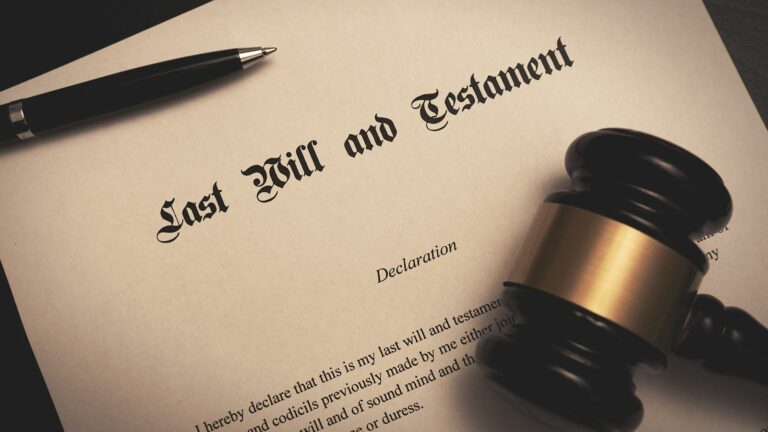Under the Immigration (European Economic Area) Regulations 2016 (the 2016 regulations), certain family members of EEA nationals who are exercising free movement rights in the UK are allowed to join or accompany the EEA national in the UK.
The regulations also provide for certain family members of EEA nationals for retained rights of residence in the UK under regulation 10 when: the EEA national, either:
- dies
- leaves the UK
- divorces their spouse or dissolves their civil partnership
- the family member is the parent of a child who retains the right of residence
The recent case of Baigazieva v Secretary of State for the Home Department [2018] EWCA Civ 1088 has provided much-needed reform and interpretation to non-EEA nationals who seek a retained rights of residence in the UK when they divorce their EEA national spouse.
The above case has now clarified that the when a non-EEA national seeks a retained right of residence in the UK they only need to demonstrate by way of evidence that their EEA national ex-spouse was a qualified person exercising their treaty rights at the time when divorce proceeding began, and not when divorce proceedings were finalised with the issuance of the decree absolute.
This decision now provides much-needed reform whereas before non-EEA nationals would often fall victim to a Home Office refusal for not being able to demonstrate that their ex-spouse was exercising their treaty rights while divorce proceeding was continuing, due to loss of contact with their spouse or the non-amicable divorces.
It is important to note that the non-EEA national still needs to meet the remainder of the requirements as laid out in Article 13(2) of the Citizens Rights Directive 2004 in order to be granted a retained right of residence in the UK, which is the marriage has to have lasted for at least 3 years.
Retained rights and sponsoring other Non-EEA Nationals
Family members who have a retained right of residence do so ‘exclusively on a personal basis’. This means that they cannot be the sponsor for another family member. For example, if a non-EEA national with a retained right of residence gets married to another non-EEA national, the new spouse will not have any rights under the regulations. The new spouse would only be able to enter or remain in the UK if they qualified under the Immigration Rules.



